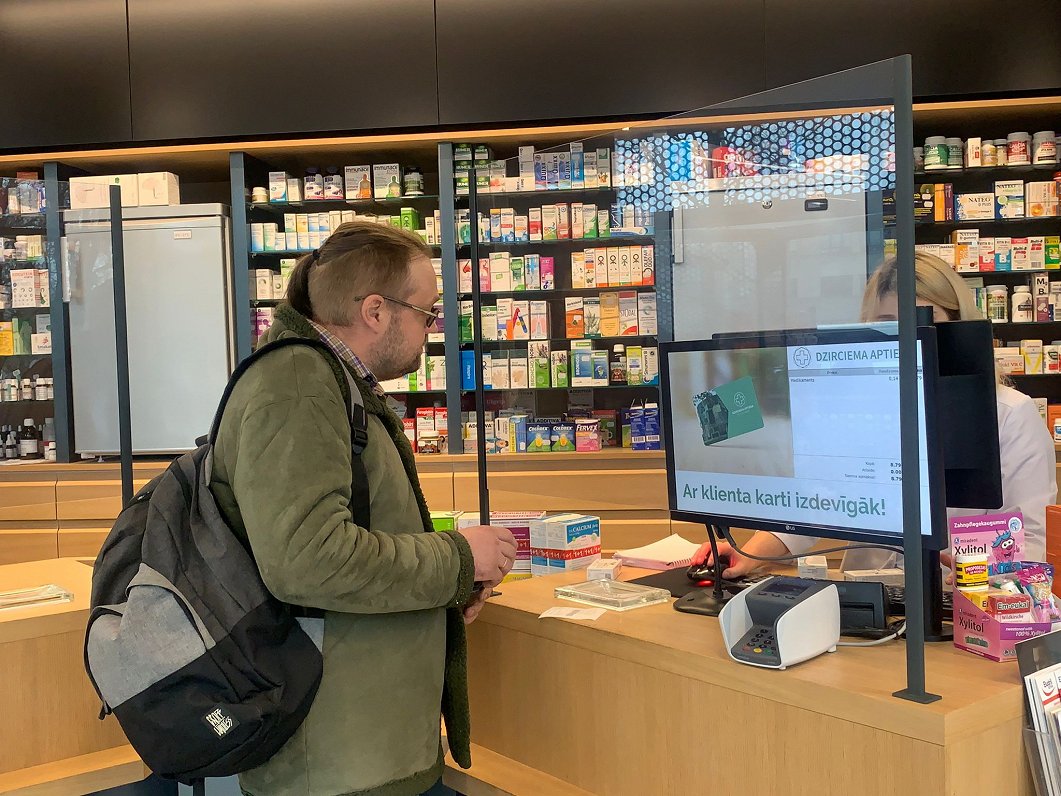Recently, queues have been observed at pharmacies, but pharmacists often have to replace the prescribed medicine because they no longer have the medicines they need.
Euroaptieka pharmacist Sandra Balode said: "The saddest thing is, if there are no prescription drugs to replace, then it is... well. Then we need to look for options. If there is anything to look for."
Data from the Latvian Register of Medicinal Products also indicate the lack of medicinal products – for example, certain widely used antibiotics and antifever products are missing. The State Agency of Medicines has said that there are times when demand exceeds supplies.
On the other hand, the board member of the Latvian National Medicines Supply Association, Jānis Lībķens, said that this problem has been a problem for several years: “From year to year, there are some groups of medicines that tend to be absent periodically. The explanations can vary, from the fact that the factory is in repair, or, unplanned to the manufacturers, the raw materials have not been brought in time."
The shortage of raw materials is created for a variety of reasons, contributed by both the pandemic and the war in Ukraine and the sanctions against Russia.
These and other factors cause disruption of past supply routes and the lack of, for example, paper packaging. This also affects pharmaceutical companies in Latvia, said Egils Einars Jurševics, Chairman of the Governing Board of the Latvian Patent Free Medicines Association.
“If we are talking about our local producers – Olainfarm, Grindeks – we may not have this problem so much, we have supplied medicinal products in Latvia, but we only take up around 4% of the medicines market, we must take this into account. We are not such as to be able to deliver everything that our consumers need. We do not have such a huge problem, but we also note that the delivery time for individual raw materials is increasing and sometimes too much," Jurševics said.
A large part of the problem is that many European pharmaceutical companies have relocated raw material production to China and India, where it costs less. In order to reduce the medicine shortage, the European Parliament has even encouraged a couple of years ago to resume manufacturing ingredients here in Europe. Jurševičs is skeptical about this due to the cost and environmental factors.
The industry has mentioned that the lack of specific medicines is felt more sharply at the moment as children are ill, and the public is more sensitive to children's problems.
However, the deficits are usually temporary, said Kristīne Jučkoviča, executive director of the Latvian Pharmaceutical Care Association.
“It may indeed be that your preferred drug is not [available] at some particular pharmacy for a while, but it appears in a short while. Therefore, there is no special need to buy stockpiles, and we never recommend the purchase of medicines for very long periods at all, rather we recommend that we follow the instructions,” said Jučkoviča.
Information from the European Parliament shows that there has been tension in the supply of medicines for at least 25 years; it is estimated that the shortage of medicines in the European Union has increased 20 times between 2000 and 2018.






























